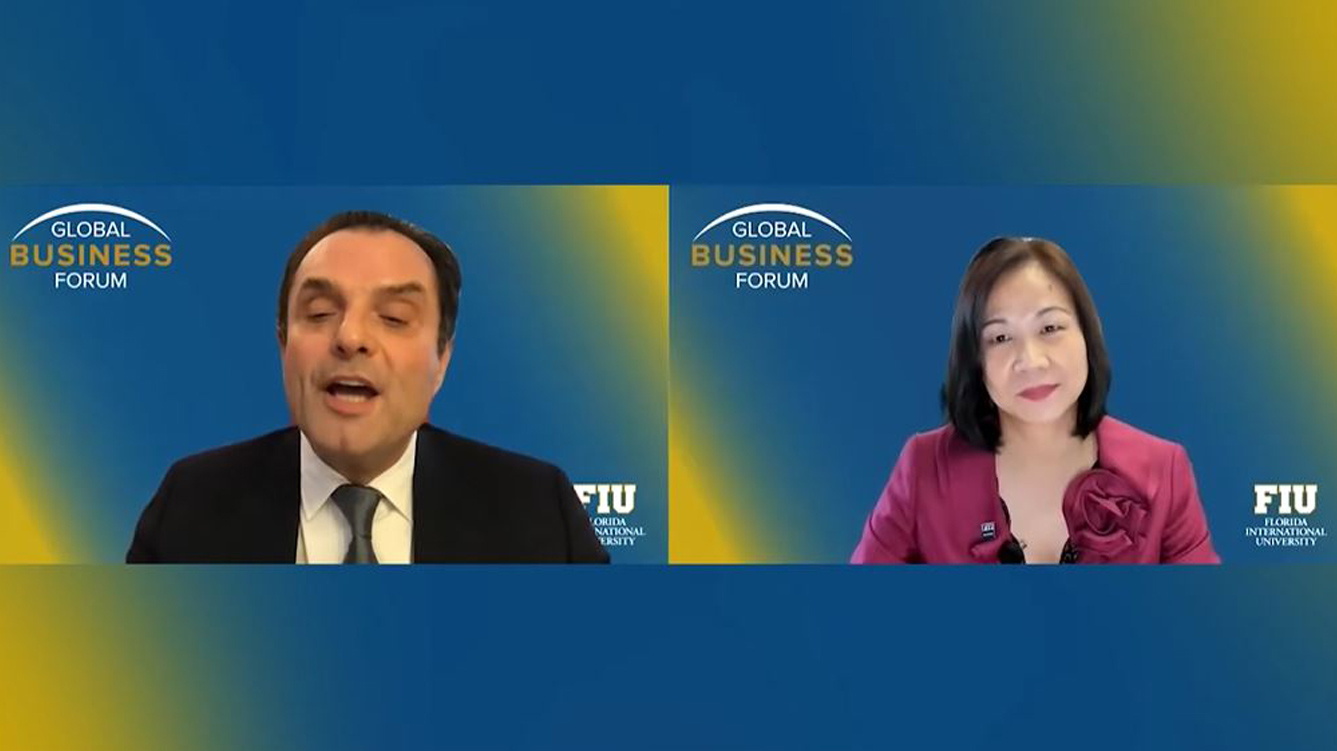Social Economy and the COVID-19 Crisis:
A Catalyst for Change
The pandemic has had a profound impact on the global economy. The output has plummeted, leaving many businesses and people out of the job market. Has the social economic system really been prepared to handle this kind of shock? With economic inequalities heightened, the rise of global debt and the uberization of jobs, we risk the creation of a “precariate”: a precarious proletariat. Business is no longer simply about maximizing shareholder returns. A growing sector of the population thinks that businesses should have a broader impact on a larger circle of stakeholders. How will the corporate world need to adapt to reflect a changing society? What are the lessons learned by business schools during the pandemic, and what is their role in the post COVID-19 recovery?

Guest

Eric Corneul, General Director and CEO, EFMD (European Foundation for Management Development)
Eric Corneul is general director and CEO of EFMD (European Foundation for Management Development), a non-profit, membership-driven organization, recognized globally as an accreditation body for business schools, business school programs, and corporate universities. He has served as a dean and professor at leading business schools throughout Europe and Asia.
Moderator

Joanne Li, Dean, Florida International University College of Business
Joanne Li is dean, professor of finance and Ryder Eminent Scholar Chair at the Florida International University College of Business, an AACSB-accredited college. As dean, she leads the college’s Landon Undergraduate School and Chapman Graduate School, as well as its executive education, global learning and small business development programs (SBDC at FIU and the Pino Global Entrepreneurship Center).


